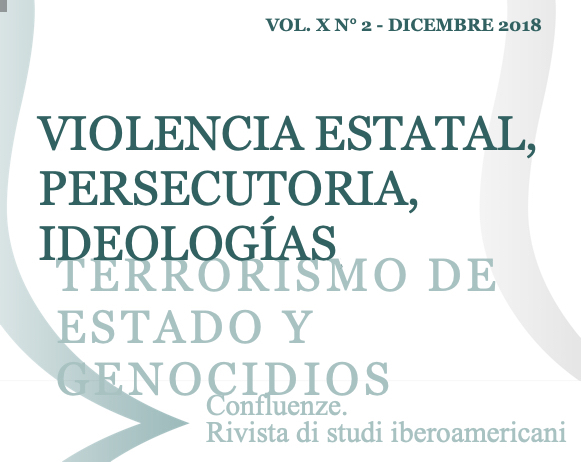La ciudad a través de sus tratos: los abastos de carne en el Quito de fines del siglo XVIII y primeras décadas del siglo XIX
DOI:
https://doi.org/10.6092/issn.2036-0967/8857Keywords:
City, daily life, government, policeAbstract
This article approaches the supply of meat in the city of Quito in the late eighteenth and early nineteenth centuries, to understand an empirical economy that accounts for forms of relationships, and the construction of social practices that cannot be reduced to those of the formal economy. All kinds of exchange, including meat, carried differentiations and symbolic contents linked to social identities, social mobility and the redefinition of ethnic borders. There it was present, a sociability that is beyond the market, in which an autonomous life develops.
Downloads
Published
How to Cite
Issue
Section
License
Copyright (c) 2019 Eduardo Kingman Garcés, Mireya Salgado Gómez, Erika Bedón
The copyrights and publishing rights of all the texts on this journal belong to the respective authors without restrictions.
This journal is licensed under a Creative Commons Attribution 4.0 International License (full legal code).
See also our Open Access Policy.
Metadata
All the metadata of the published material is released in the public domain and may be used by anyone free of charge. This includes references.
Metadata — including references — may be re-used in any medium without prior permission for both not-for-profit and for-profit purposes. We kindly ask users to provide a link to the original metadata record.






